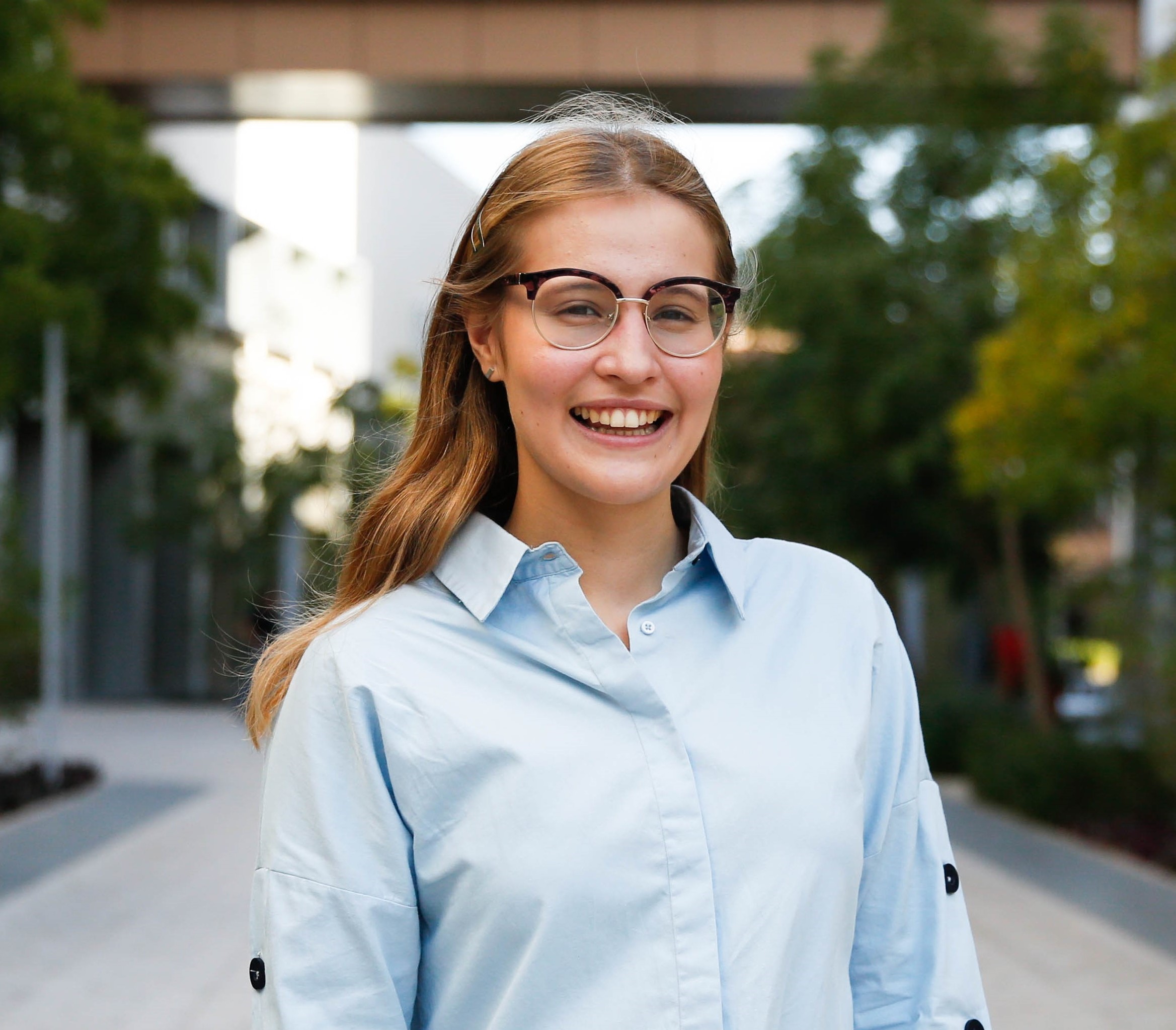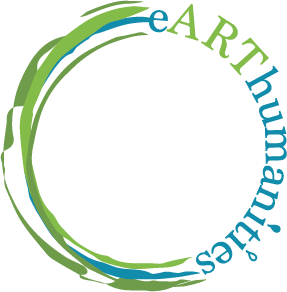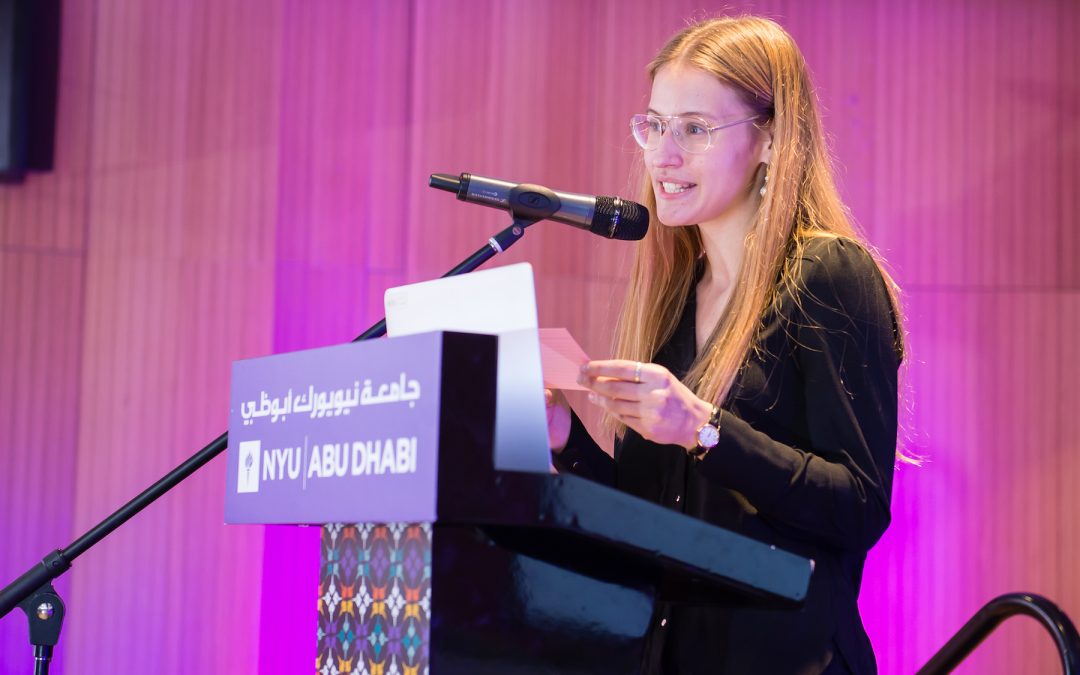
The Hillary Rodham Clinton Global Challenges Scholars Program is a fully funded initiative by Sky providing five top and promising graduate students selected from all over the world “research and advocacy skills in a range of defined areas” to expand their knowledge and impact on challenges of global reach. Scholars complete a 1-year MA in Global Challenges: Policy, Law and Practice, alongside participating in an internship program as well as on multiple conversations and workshops with leaders and specialists.
Between November 8-10 of this year, their work will be shared at the Hillary Rodham Clinton Global Challenges Summit; alongside speakers including US Secretary of State Hillary Rodham Clinton, Former UK Prime Minister Tony Blair, Former President of Liberia Nobel Peace Laureate HE Ellen Johnson Sirleaf, and Prime Minister of Iceland Katrín Jakobsdóttir.
I am originally from Venezuela, and my four other colleagues are representing Australia, Nigeria, the US, and the UK.
What are you currently researching or working on as part of your MA in Global Challenges: Policy, Law and Practice?
As a Scholar, I have been working on the impact of climate change-related displacement and migration on efforts to achieve girls’ access to education. Thanks to a research placement opportunity with UNICEF UK, I co-developed a working paper titled Futures at Risk: How the UK Can Support Education for Girls on the Move in a Changing Climate. This opportunity led me to my MA dissertation which looks at this intersecting issue analyzing case studies from Honduras and Guatemala. I am focusing on producing context-specific frameworks to expand the knowledge about how girls’ access to education is affected by climate change-related displacement and migration in these countries.
During my first semester, this work was informed by two other modules: ‘Researching Human Rights’ and ‘Human Rights, Asylum, and Migration.’ Currently, I am taking two other courses on ‘Human Rights of Children’ and ‘Human Rights and the Environment.’ These two modules are particularly relevant to the dissertation topic. This summer, I was also part of a research project alongside Professor Michael Draper, considering academic integrity and the future of higher education upon the COVID-19 pandemic.
You have done some work in investigating how countries can address access to education for girls who are at risk of climate change related displacement and migration; can you share some of your experience in this field and share some insights on how we should understand this issue?
Climate change impacts are not gender neutral. Children also face specific challenges, and their rights are threatened. When girls are uprooted, they may also lose access to their education temporarily or permanently. The first step for the international community and local stakeholders is to acknowledge that, indeed, climate change-related displacement and migration is happening and that measures must be immediately taken to adapt, mitigate, and prevent its impacts. Second, we need to understand what policies would safeguard the rights of people on the move due to climate change. Then, more knowledge is required to develop informed policies that also consider age and gender components. My work is tied to education, but food security, health, wellbeing, and shelter, among others, are also at risk.
COP26 is happening in November of this year, and it is crucial for climate change-related displacement and migration to be included in the agenda. All the dimensions of the consequences of climate change must be studied, as well as the intersection of different forms of inequality.
As I highlighted in a publication by the Children’s Legal Center in Wales, existing studies already show that:
- “Girls on the move facing climate change-related displacement and migration may encounter higher risks of violence based on their gender,[1]such as sexual violence and early and forced marriage.[2] Early and forced marriage is also associated with adolescent and early pregnancy. As climate change affects livelihoods, girls can be forcibly married to reduce families’ financial burden.”
- “Girls may also be pulled out of school first for domestic work to support their households and adapt to the effects of climate change. For example, during droughts, girls may spend more time collecting water, limiting the amount of time to attend school.”[3]
- Girls affected by climate change-related displacement and migration can be victims of domestic violence,[4]sexual abuse,[5] and trafficking.”[6]
The first step for the international community and local stakeholders in order to address access to education for girls who are at risk of climate change related displacement and migration is to acknowledge that, indeed, climate change-related displacement and migration is happening and that measures must be immediately taken to adapt, mitigate, and prevent its impacts.
What role do universities like NYU Abu Dhabi play in championing education, equality, and climate change? What are some of the best practices that NYU Abu Dhabi can implement to take further action on this issue?
In addition to building a sustainable campus, NYU Abu Dhabi has a responsibility to continue supporting applied research in the field of climate change, its manifold impacts, and climate justice action. Advancing context-specific knowledge is fundamental to produce relevant policies that do not diminish the voices of those who remain must vulnerable, for instance.
NYU Abu Dhabi can also identify through projects with students from different parts of the world best practices in different countries and regions, to also move beyond what is being discussed by the most powerful nations. Moreover, these projects could put at the forefront the voices of indigenous peoples regarding how they have been affected by climate change.
Where are the minorities when it comes to debates on climate change effects? Are they being meaningfully included in climate justice-related policies?
Technology has advanced in unprecedented ways, but many children still do not get access to education. What kind of technology could be applied for girls on the move to remain in education? This is a question that, for example, a university like NYU Abu Dhabi could work on to champion education, equality, and climate change.
Sara M. Pan Algarra, Hillary Clinton Global Challenges Scholar, pursuing the MA in Global Challenges: Law, Policy and Practice at Swansea University’s School of Law. Her research focuses on the impacts of climate change-related displacement and migration on girls’ access to education. Sara (Class of ’20) graduated Summa Cum Laude from NYU Abu Dhabi (BA, double major in Social Research and Public Policy and Theatre).

